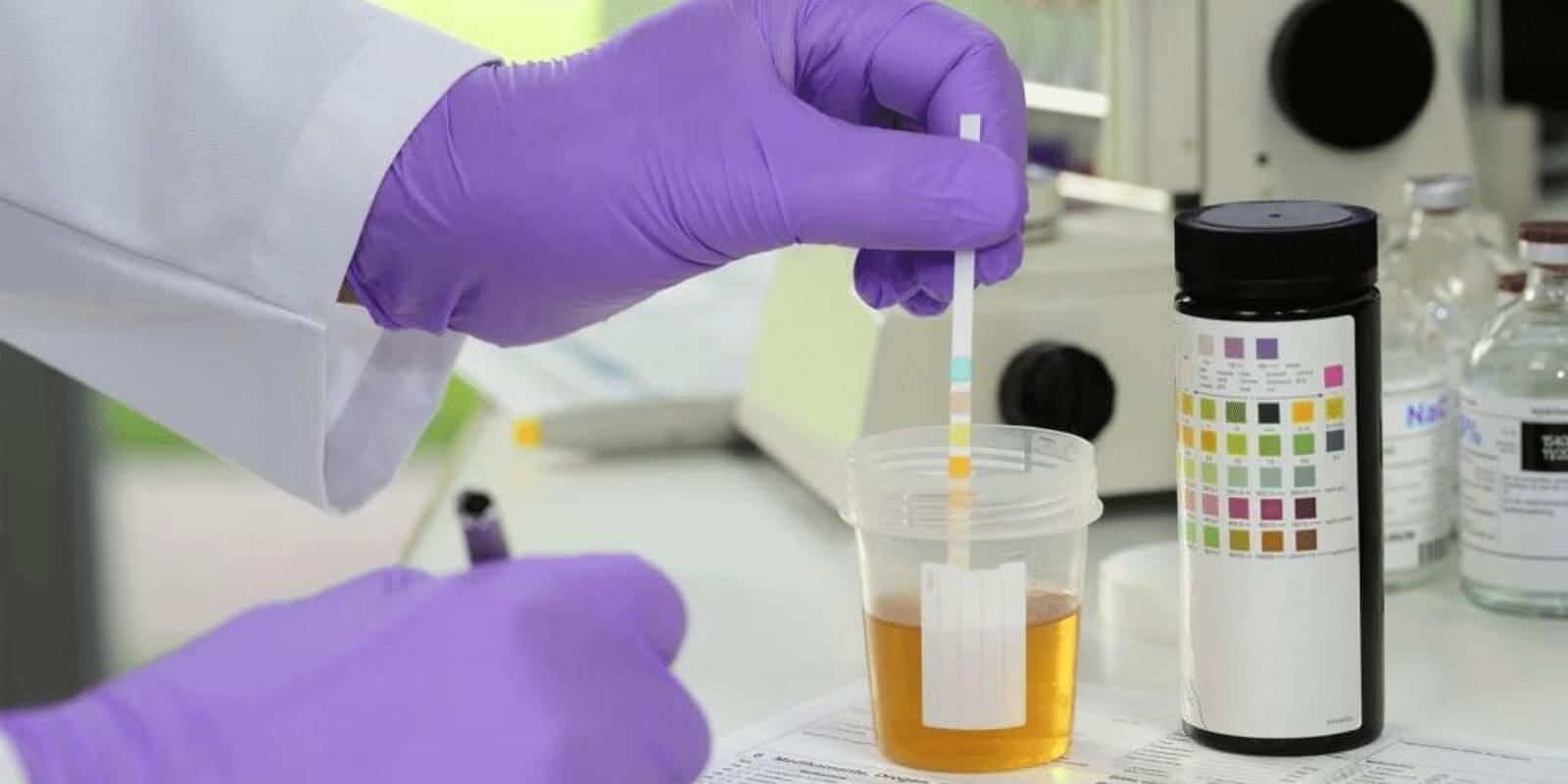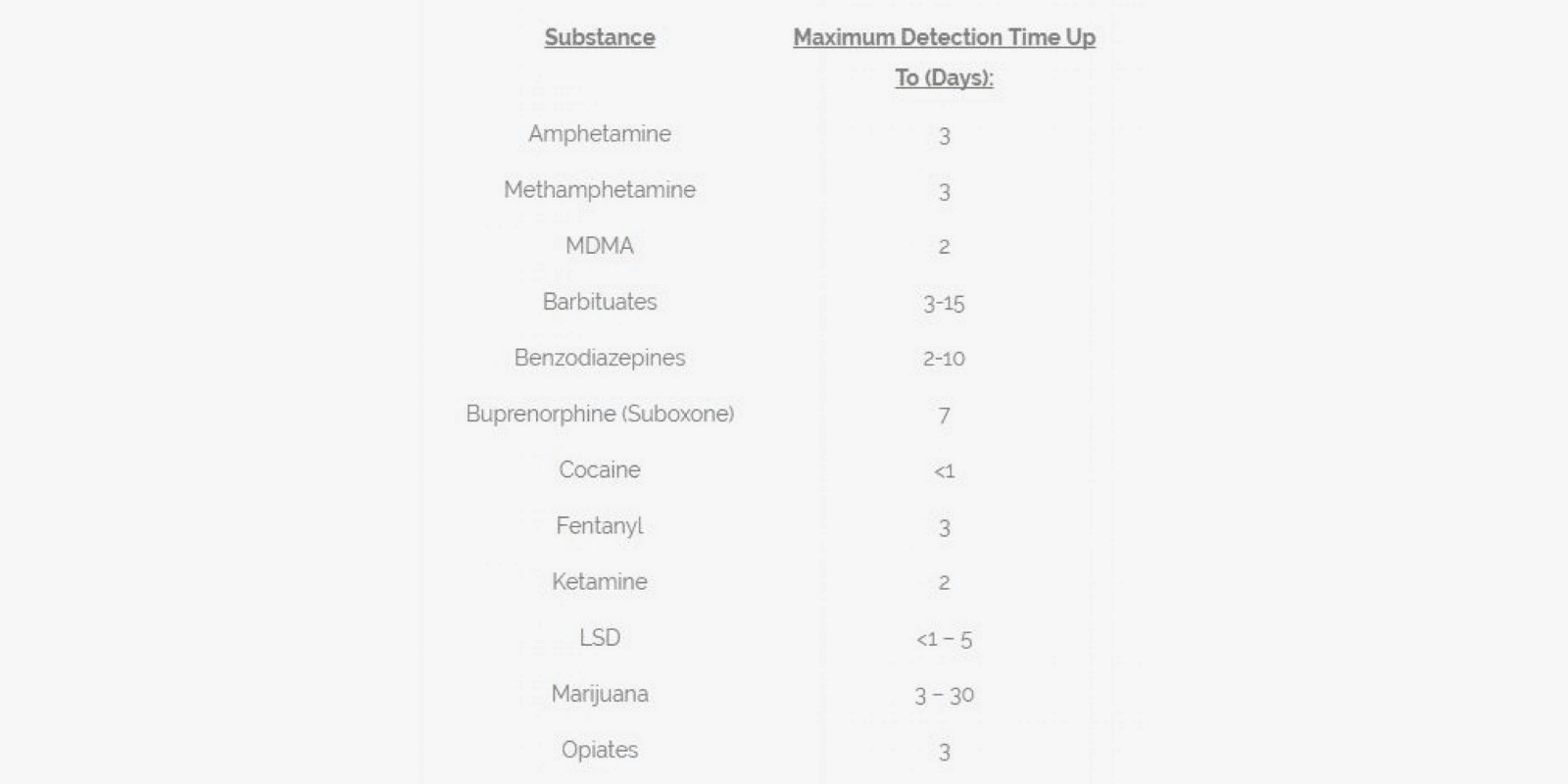Drug Testing for Teens & Young Adults
Drug testing can be a useful tool, especially when used in concert with substance use treatment. It can help in assessing for substance use, and as an accountability tool to help people in recovery stay on track and to build back trust within family systems.
Sandstone Care uses drug testing (aka “Urine Analysis” or “UA”) throughout its continuum of care as one of many ways to encourage abstinence and accountability.
Types of Testing
Drug testing can be done in a variety of ways, from at-home to specialized drug testing centers.
Home Tests
Home drug tests can be bought over-the-counter at most pharmacies including CVS or Walgreens. These tests vary in price and quality, with some testing for a wide variety of substances, and others only a select few.
Most provide results within a few minutes, and some of the more expensive brands allow you to send them to a lab for confirmation testing. An advantage of at home tests is that they are convenient and relatively inexpensive.
A disadvantage is that they only test for select substances, and are easier to manipulate or cheat than monitored point of care and lab tests.
Professional Testing at a Drug Testing Center
Treatment programs and dedicated drug testing centers provide professional testing, which has benefits that include:
Monitored Testing
This means that there is careful protocol, dedicated equipment, and an employee actually watches a client urinate into the testing cup. This reduces the potential for cheating.
Lab confirmation
Samples can be sent to a diagnostic laboratory and tested to confirm the reading on a traditional point of care test and test for other substances besides those included on basic drugstore tests such as synthetic marijuana, kratom, etc. Lab confirmations can also indicate the specific levels of a substance in an individual’s system.
This can be beneficial in determining whether use of a given substance has stopped even though certain substances remain in the body for longer periods of time which can trigger ongoing positive UA readings despite discontinued use. For example, a person may test positive for marijuana for up to 8 weeks after stopping use.
Confirmation tests can monitor the specific THC levels over time and indicate whether they are dropping, helping provide transparency into what is truly occurring.
Alternative methods
While urine testing is the most common way to test for substances or alcohol, depending on the time frame in which one is looking to detect use, other methods may be used, such as hair, blood, breath, and saliva testing.
Frequency of Drug Testing
Drug testing can be triggered by a variety of things or performed at different frequencies, depending on the goal:
- Before starting a job
- Suspicion of use
- After an accident or incident
- Regularly, as part of probation, work, or treatment requirements. Regular tests can help reinforce the importance of continued sobriety and provide predictable accountability
- Random tests can help minimize the likelihood of cheating by creating an element of unpredictability

Can People Cheat on Drug Tests?
For as long as people have been tested for drugs, there have been people trying to figure out ways to cheat the tests. Technology has made both drug tests and the attempts around them increasingly sophisticated. There are a few primary ways that people attempt to skew drug test results (besides simply abstaining).
Substituting clean urine This can be bought on the internet and also is often obtained from friends or family.
Substituting synthetic urine This is also widely available on the internet as well as at head shops, where drug paraphernalia is sold.
Diluting urine This is either done by drinking so much water that the urine does not provide a valid sample, or by diluting a sample directly with water or another substance. Home tests may not detect dilution, but most professional testing organizations and programs will consider a dilute test to be positive, since it often indicates that a person is trying to avoid testing positive.
Adulterating urine People will add substances to the sample to create a false negative result. This is another example of something that would be picked up in a lab confirmation but not necessarily a quick test.
Using “detox” products sold on the internet to try to rid their system of a substance more quickly. These products are not well-regulated and could be dangerous.
All these forms of manipulating or cheating (except detox products) are minimized through close supervision in a controlled environment. Random testing reduces any advantage that may be gained through the use of detox products as well.

What Drugs can a Lab Test for?
- Marijuana
- Alcohol
- Heroin
- Amphetamines
- Cocaine
- Kratom
- Bath Salts
- Synthetic Cannabinoids (Spice, K2, etc.)
- Hallucinogens
- And more–
Considerations & Inherent Limitations of Drug Testing
Many parents find themselves seeking out a drug testing center for their son or daughter due to a variety of circumstances including:
- Academic underperformance at school or university because of drug or alcohol abuse
- Legal consequences associated with a minor in possessions charge (“MIP”), driving under the influence (“DUI”), or some other legal issue
- Noticeable behavior changes including self-loathing, isolation, increase in family conflict, negative change in overall personal interests
While drug testing can be a helpful tool to identify if substance or alcohol abuse is occurring, it should not be a substitute for addiction or mental health counseling.
It is important to consider that if you find yourself frequently concerned that your son or daughter may be using substances and / or having to repeatedly drug test them, it may be a signal that you need outside intervention and support.
Substance use & mental health treatment is the primary way to address the underlying causes of substance use and addiction which can include depression, anxiety, trauma, and bipolar disorders, among others.
If your son or daughter continues to use drugs or alcohol despite recent drug testing or other consequences, it may indicate that their use has reached a level that is beyond their control or coping abilities and additional support may be necessary.
Drug Testing Services
Sandstone Care provides point of care drug testing services as part of its substance use & mental health treatment programs. We work exclusively with young adults ages 18-30 and adolescents ages 13 -18 and have a variety of programs to accommodate individuals in school or college and those who may be employed.
In addition, we partner with a local provider to conduct laboratory confirmations to provide detailed reports of drug or alcohol levels as well as the ability to test for specific substances which may not be included on traditional UA panels, including kratom and other newly emerging synthetic substances.


Online Treatment Programs
Our virtual IOP program offers the same programming that we offer in person, all online – this is ideal for those who live too far to drive to an addiction center, have transportation issues, or have health concerns that make in-person treatment challenging.




